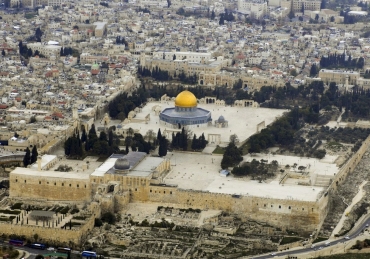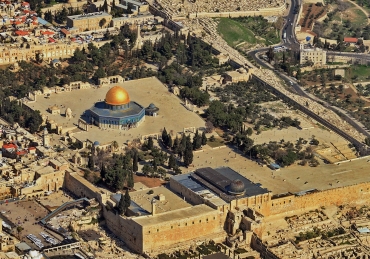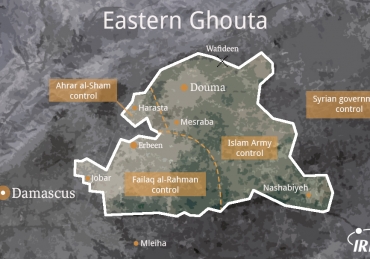Israeli Apartheid, A Beginner’s Guide
By Ben White, Pluto Press, 2009, ISBN 978-0745328874, pp.172, £9.99
The state of Israel has been criticised by many academics and activists for the violation of Palestinian human rights and International Law. Yet, very rarely is the concept of apartheid associated with Israel. In this indispensable introductory piece, White courageously discusses this issue and explores the definition of apartheid in light of UN resolutions. The book is split into three main parts. The first part explores the history of the Zionist settlement and subsequent consequences for the Palestinians, beginning with the 1987 meeting which founded the World Zionist Organisation. The second part of the book constitutes the core controversial subject of Israeli apartheid.
White is quick to highlight that associating apartheid with Israel does not mean equating it with apartheid South Africa, rather there are certain similarities and certain differences. A key difference is that ‘Israel has not practiced so called petty apartheid – in other words there are no toilets marked ‘Jews’ and ‘Non-Jews’. In South Africa, the settlers exploited the labour power of the dispossessed natives whilst in the case of Israel, the native population was to be eliminated and expelled.
White summarises the three main tools of the apartheid affected Israeli Arabs and Palestinians under occupation; physical dispossessions, the system for the ownership and administration of public land and the bureaucratic arrangements regulating land development and land use-planning. He also provides a brief overview of the separation wall, the detention and torture, the demolitions, the military brutality, the checkpoints, and the systematic discrimination when accessing and using the water resources of their own land. These are not merely isolated cases of human rights abuses, rather they form part of the ‘systematic policy to consolidate Israeli apartheid’ in the territories.
The final section outlines the organisations working to combat this apartheid both regionally and internationally. White dismisses the suggestion that a compromise should be reached with Israeli apartheid and concludes that even if it seems unrealistic, apartheid must be eliminated to achieve peace in the region. The only drawback is White does not elaborate on the process of eliminating apartheid and whilst the problems of the existing negotiations are critiqued very well, a more prescriptive solution would have helped conclude the discussion.
Overall, the book deals with the issue rationally and uses graphs, charts, maps, tables and relevant introductory quotes to make the read easy and enjoyable. As John Dugard suggests in the foreword, the South African apartheid was discussed significantly more than the Israeli apartheid is discussed today in academia and the media, and ‘herein lies the value of the present work’.
This book review was first published in the January 2010 edition of the Aqsa News.







Hadith query: Wings of angels spread over Sham